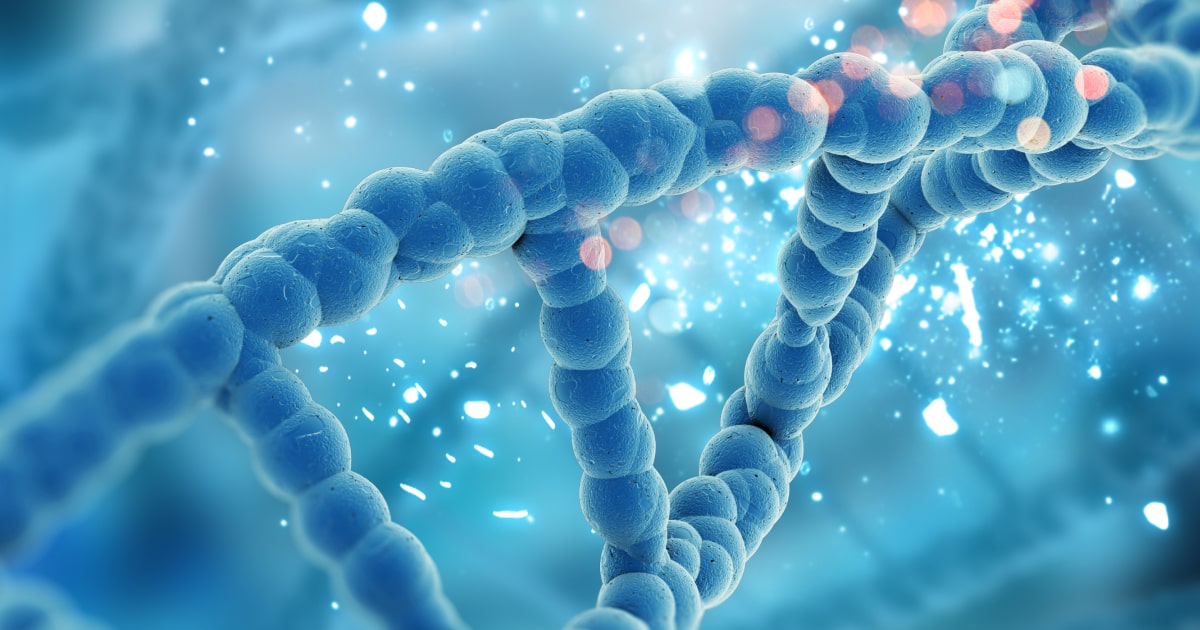
Expert Reviewed By: Dr. Brandon Colby MD
```htmlSpondylocostal dysostosis (SCD) is a rare genetic disorder characterized by malformations of the vertebrae and ribs, leading to thoracic insufficiency syndrome, scoliosis, and other complications. Understanding this complex condition requires a comprehensive approach, from recognizing its symptoms to leveraging advanced genetic testing techniques for accurate diagnosis and management.
What is Spondylocostal Dysostosis?
Spondylocostal dysostosis is a group of disorders that affect the bones of the spine (vertebrae) and ribs. These anomalies can lead to severe spinal deformities and restricted lung growth and function. SCD is typically evident at birth or in early childhood, manifesting as short stature, a short neck, and a small chest. The condition can vary in severity, with some individuals experiencing mild symptoms while others face significant health challenges.
Diagnosing Spondylocostal Dysostosis
Diagnosing SCD involves a combination of clinical evaluation, imaging studies, and genetic testing. Early diagnosis is crucial for managing the condition effectively and improving the quality of life for affected individuals.
Clinical Evaluation
Healthcare providers typically begin with a thorough physical examination, noting any skeletal abnormalities, respiratory issues, or other related symptoms. Family medical history is also reviewed to identify any patterns that might suggest a genetic component.
Imaging Studies
X-rays, CT scans, and MRI scans are used to visualize the vertebrae and ribs, providing detailed images that can reveal the extent of the malformations. These imaging techniques help in assessing the severity of the condition and planning appropriate interventions.
Genetic Testing
Genetic testing plays a pivotal role in diagnosing SCD. By identifying specific genetic mutations associated with the disorder, healthcare providers can confirm the diagnosis and offer more personalized treatment plans. Genetic testing can also help in understanding the inheritance patterns, which is crucial for family planning and managing the risk of recurrence in future pregnancies.
Uses of Genetic Testing for Spondylocostal Dysostosis
Confirming Diagnosis
Genetic testing can identify mutations in genes such as DLL3, MESP2, LFNG, HES7, and others associated with SCD. Confirming the diagnosis through genetic testing ensures that patients receive accurate and timely medical care, tailored to their specific genetic profile.
Understanding Inheritance Patterns
SCD can be inherited in an autosomal recessive or autosomal dominant manner, depending on the specific genetic mutation. Genetic testing helps in understanding these inheritance patterns, providing valuable information for genetic counseling. Families can make informed decisions about future pregnancies and assess the risk of passing the condition to their offspring.
Personalized Treatment Plans
With the genetic basis of SCD identified, healthcare providers can develop personalized treatment plans that address the unique needs of each patient. This may include surgical interventions to correct spinal deformities, respiratory support for lung insufficiency, and regular monitoring to manage complications.
Research and Development
Genetic testing contributes to ongoing research efforts aimed at understanding the molecular mechanisms underlying SCD. By studying the genetic mutations and their effects, researchers can develop new therapeutic strategies and improve existing treatments. Participation in genetic studies also provides patients with access to cutting-edge clinical trials and experimental therapies.
Conclusion
Spondylocostal dysostosis is a complex disorder that requires a multidisciplinary approach for effective management. Early diagnosis through clinical evaluation, imaging studies, and genetic testing is essential for improving patient outcomes. Genetic testing, in particular, offers numerous benefits, from confirming the diagnosis to developing personalized treatment plans and advancing research. By leveraging these advanced diagnostic tools, healthcare providers can offer better care and support for individuals living with SCD.
```About The Expert Reviewer
Dr. Brandon Colby MD is a US physician specializing in the personalized prevention of disease through the use of genomic technologies. He’s an expert in genetic testing, genetic analysis, and precision medicine. Dr. Colby is also the Founder of and the author of Outsmart Your Genes.
Dr. Colby holds an MD from the Mount Sinai School of Medicine, an MBA from Stanford University’s Graduate School of Business, and a degree in Genetics with Honors from the University of Michigan. He is an Affiliate Specialist of the American College of Medical Genetics and Genomics (ACMG), an Associate of the American College of Preventive Medicine (ACPM), and a member of the National Society of Genetic Counselors (NSGC)